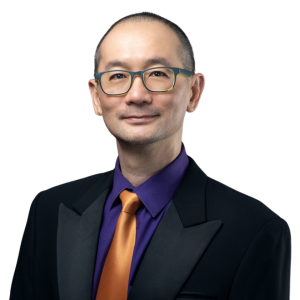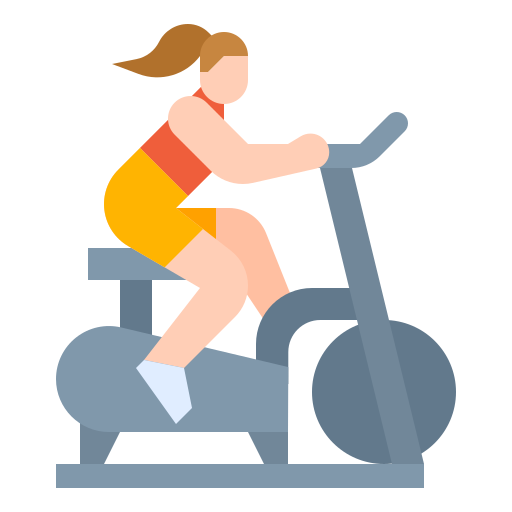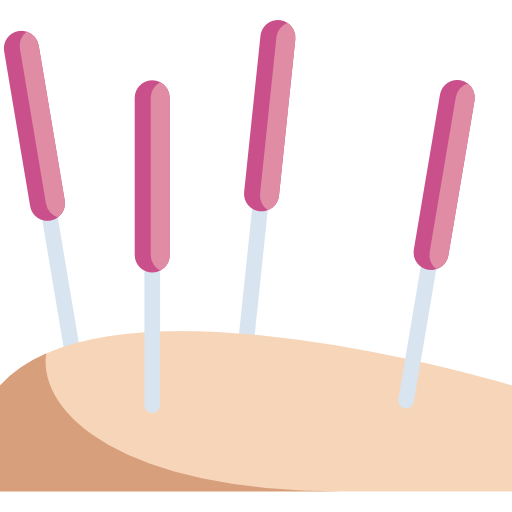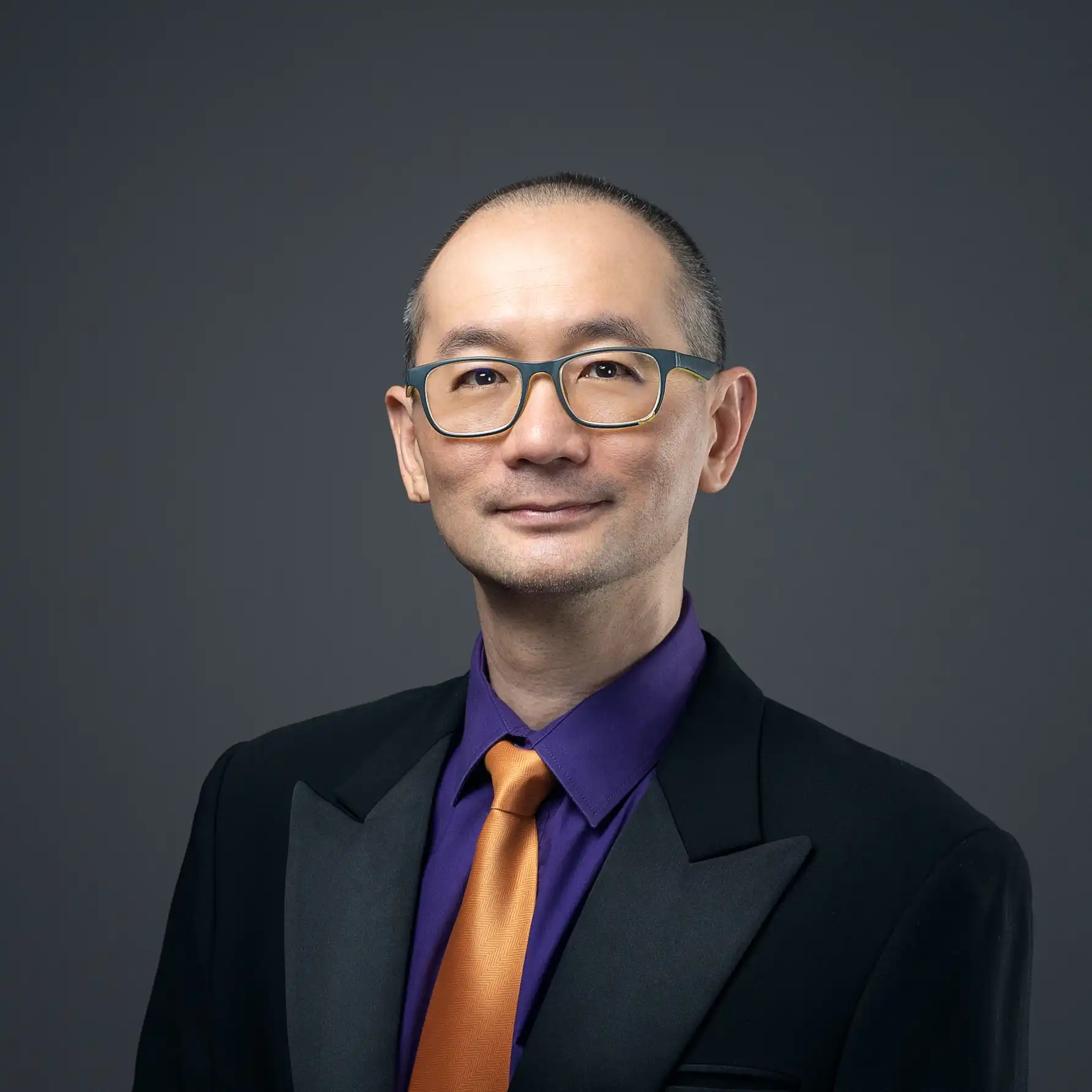



Chronic pain can significantly impact one’s quality of life, affecting both physical and mental well-being. While traditional approaches like medications and surgery have dominated orthopaedic care, there’s a growing recognition of the need for holistic approaches to managing chronic pain. Considering the mind-body connection, lifestyle factors, and alternative therapies, a more comprehensive perspective considering the mind-body connection, lifestyle factors, and alternative therapies can provide patients with effective and sustainable pain management solutions.

To develop holistic approaches to managing chronic pain, it’s crucial to understand the intricate relationship between the mind and body. Practices such as mindfulness meditation, yoga, and tai chi have shown promising results in reducing pain perception and improving overall well-being. These mind-body techniques not only help patients cope with pain but also address the underlying psychological factors contributing to the persistence of chronic pain.

Physical therapy plays a pivotal role in orthopaedic care, offering targeted exercises and rehabilitation programs to enhance strength, flexibility, and mobility. Tailored exercise routines can alleviate pain by improving muscle function and joint stability. Furthermore, engaging in regular physical activity releases endorphins, the body’s natural painkillers, promoting a positive outlook and reducing the perception of pain. Collaborating closely with physical therapists, patients can develop personalized exercise plans that suit their specific condition and lifestyle.

Holistic pain management extends beyond the clinic and into everyday life. Adopting a healthy and balanced diet can contribute to reducing inflammation and promoting overall musculoskeletal health. Omega-3 fatty acids, found in fish, flaxseeds, and walnuts, possess anti-inflammatory properties that can benefit individuals experiencing chronic pain. Additionally, maintaining a healthy weight through proper nutrition and regular exercise can alleviate stress on joints and decrease pain levels.

Several alternative therapies complement traditional orthopaedic approaches, offering patients additional options for pain relief. Acupuncture, for instance, involves inserting thin needles into specific points on the body to stimulate energy flow and reduce pain. Chiropractic care focuses on spinal adjustments to improve joint function and alleviate pain. While the effectiveness of these therapies varies from person to person, many individuals find significant relief through a combination of conventional and alternative treatments.

Addressing the psychological aspects of chronic pain is essential for comprehensive pain management. Psychotherapy and cognitive-behavioural techniques help patients develop coping strategies, manage stress, and reshape negative thought patterns associated with pain. By addressing the emotional and psychological components of chronic pain, individuals can experience a significant improvement in their overall well-being.
Orthopaedic care is evolving, and a holistic approach to managing chronic pain is gaining recognition within the medical community. Beyond relying solely on medications and surgery, patients now have a diverse range of options to explore for effective pain management. Embracing the mind-body connection, incorporating physical therapy and exercise, making lifestyle modifications, exploring alternative therapies, and addressing psychological aspects through psychotherapy empower individuals to take control of their chronic pain actively. Collaborative efforts between healthcare professionals and patients pave the way for a more comprehensive and personalized approach to orthopaedic care, ultimately enabling individuals to actively manage their chronic pain and lead fulfilling lives.

Life Care Diagnostic Medical Centre Sdn. Bhd. 200401034597 (673106-V)
Bangsar South
WhatsApp: 0122343610
1st Floor, Wisma Lifecare,
No. 5, Jalan Kerinchi, Bangsar South,
59200 Kuala Lumpur
Cheras South
WhatsApp: 01127213620
19A-2 & 19B-2, Block E, Kompleks Komersil Akasa,
Jalan Akasa, Akasa Cheras Selatan,
43300 Seri Kembangan, Selangor
Operating Hour:
Monday – Friday: 8.00am – 5.00pm
Saturday: 8.00am – 1.00pm
Sunday & Public Holidays: Closed